Researchers have programmed a robot to crack an egg. It’s more important than it sounds. Mark Bruer reports.
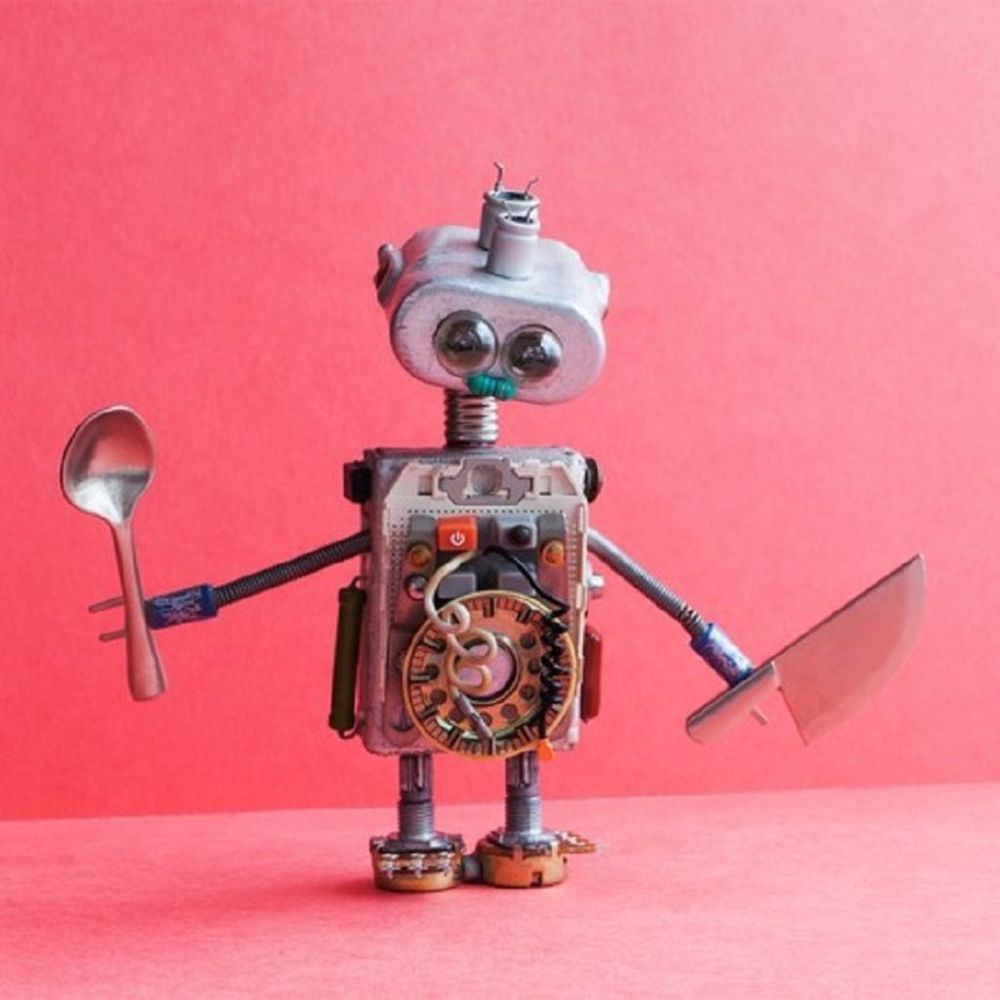

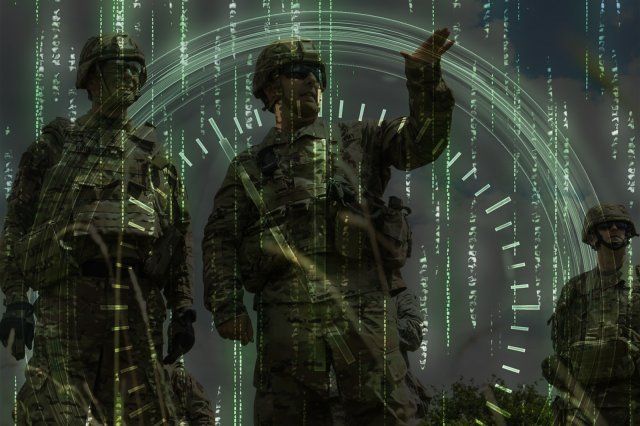
This post by Prof. Kevin Warwick originally appeared at OpenMind.
Article from the book There’s a Future: Visions for a Better World
If you could improve by implanting a chip in your brain to expand your nervous system through the Internet, ‘update yourself’ and partially become a machine, would you? What Kevin Warwick, professor of cybernetics at the University of Reading, poses may sound like science fiction but it is not; he has several implanted chips, which makes him a cyborg: half man, half machine. In this fascinating article, Warwick explains the various steps that have been taken to grow neurons in a laboratory that can then be used to control robots, and how chips implanted in our brains can also move muscles in our body at will. It won’t be long before we also have robots with brains created with human neurons that have the same types of skills as human brains. Should they, then, have the same rights as us?

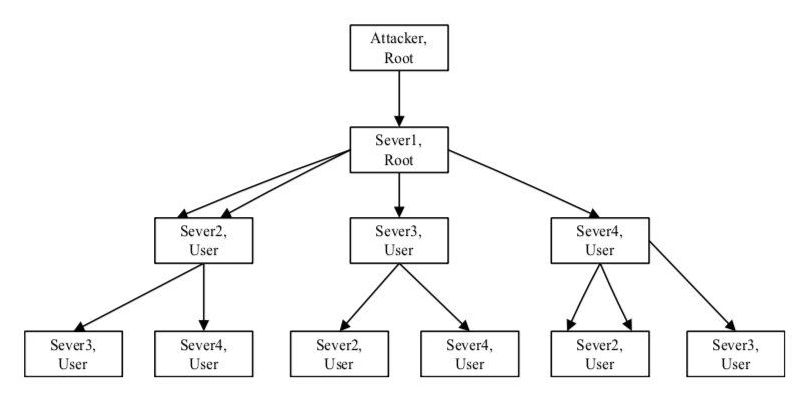
A growing number of devices are now connected to the internet and are capable of collecting, sending and receiving data. This interconnection between devices, referred to as the Internet of Things (IoT), poses serious security threats, as cyberattackers can now target computers and smartphones, but also a vast array of other devices, such as tablets, smart watches, smart home systems, transportation systems and so on.
For the time being, examples of large-scale IoT implementations (e.g. connected infrastructure, cities, etc.) are somewhat limited, yet they could soon become widespread, posing significant risks for businesses and public services that heavily rely on the internet in their daily operations. To mitigate these risks, researchers have been trying to develop security measures to protect devices connected to the internet from wireless network attacks.
To this end, two researchers at Baoji University of Arts and Sciences, in China, have recently developed a new method to defend devices in an IOT environment from wireless network attacks. Their approach, presented in a paper published in Springer’s International Journal of Wireless Information Networks, combines a deep neural network with a model based on game theory, a branch of mathematics that proposes strategies for dealing with situations that entail competition between different parties.
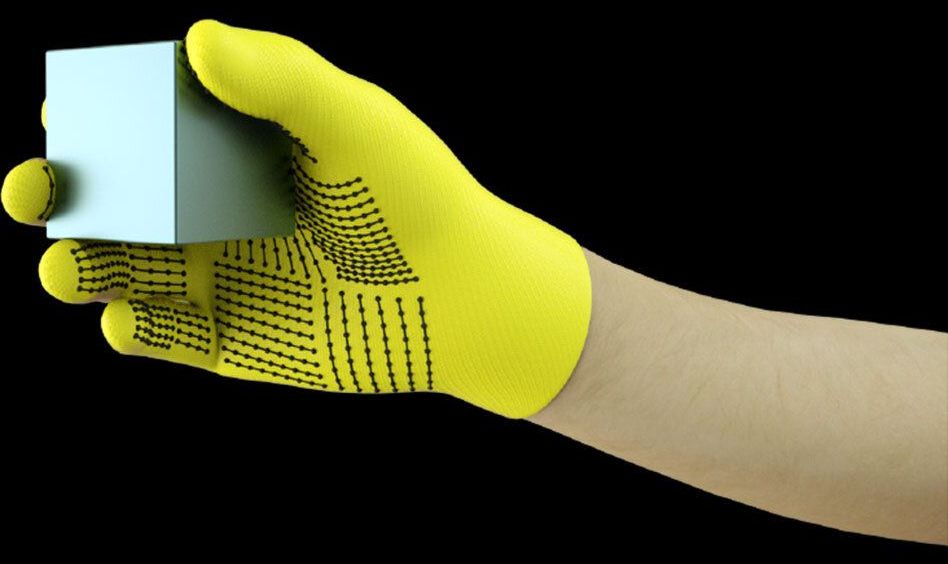
Wearing a sensor-packed glove while handling a variety of objects, MIT researchers have compiled a massive dataset that enables an AI system to recognize objects through touch alone. The information could be leveraged to help robots identify and manipulate objects, and may aid in prosthetics design.
The researchers developed a low-cost knitted glove, called “scalable tactile glove” (STAG), equipped with about 550 tiny sensors across nearly the entire hand. Each sensor captures pressure signals as humans interact with objects in various ways. A neural network processes the signals to “learn” a dataset of pressure-signal patterns related to specific objects. Then, the system uses that dataset to classify the objects and predict their weights by feel alone, with no visual input needed.
In a paper published in Nature, the researchers describe a dataset they compiled using STAG for 26 common objects—including a soda can, scissors, tennis ball, spoon, pen, and mug. Using the dataset, the system predicted the objects’ identities with up to 76 percent accuracy. The system can also predict the correct weights of most objects within about 60 grams.
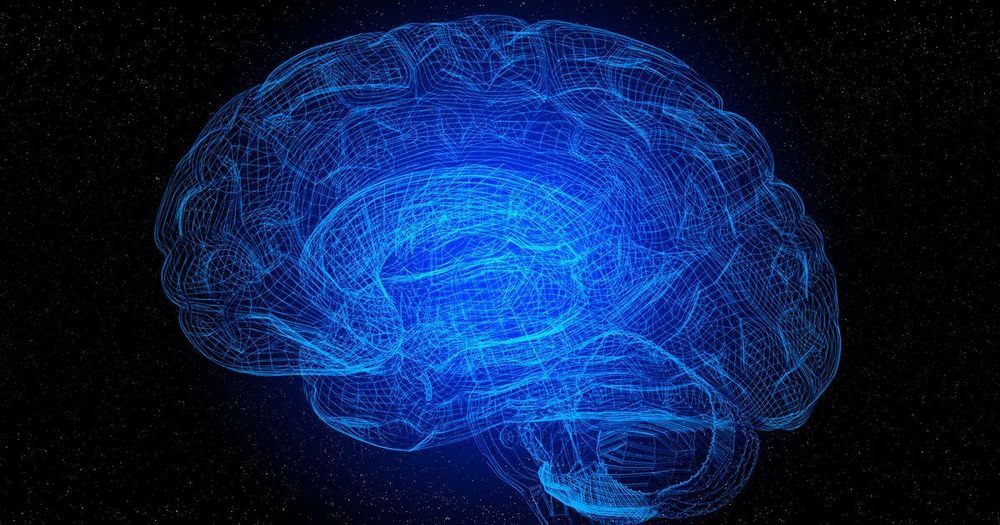
Self-driving cars, voice assistants, and facial recognition technology are just a few of the advancements made possible by Hinton, LeCun, and Bengio’s work.
The award, named after British mathematician Alan Turing, carries a $1 million prize, which the trio will split. Previous Turing Award winners include Tim Berners-Lee, best known for inventing the World Wide Web.
Hinton is currently a top AI researcher at Google. LeCun is now at Facebook, working as the company’s chief AI scientist. Bengio has remained in academia but has worked with companies such as AT&T, Microsoft, and IBM.

Popular films like “Her” and series such as “Black Mirror” depict a future of intimate relationships in a high-tech world: Man falls in love with operating system, woman loves person she meets in virtual reality. The rise of technologies like artificial intelligence (AI) may play a huge role in the future of our interpersonal relationships. Hardware, such as robots we could touch and feel, are one example of what this AI could look like; another would be software, or algorithms that take on a persona like Alexa or Siri and can seemingly interact with us.
Beyond overused sci-fi clichés, there’s great potential for AI to increase the authenticity and value of real human relationships. Below are some impressions of how AI might enhance the quality of friendship, romantic and professional relationships.
Dating
Men are from Mars and women are from Venus, but AI can be
My guest today is Chris Paine, director of the AI documentary film “Do You Trust This Computer?” and previously the documentary “Who Killed the Electric Car?”. The new film is a powerful examination of artificial intelligence centered around insights from the most high-profile thinkers on the subject, including Elon Musk, Stuart Russell, Max Tegmark, Ray Kurzweil, Andrew Ng, Westworld creator Jonathan Nolan and many more. Chris set out to ask these leaders in the field “what scares smart people about AI”, and they did not hold back.